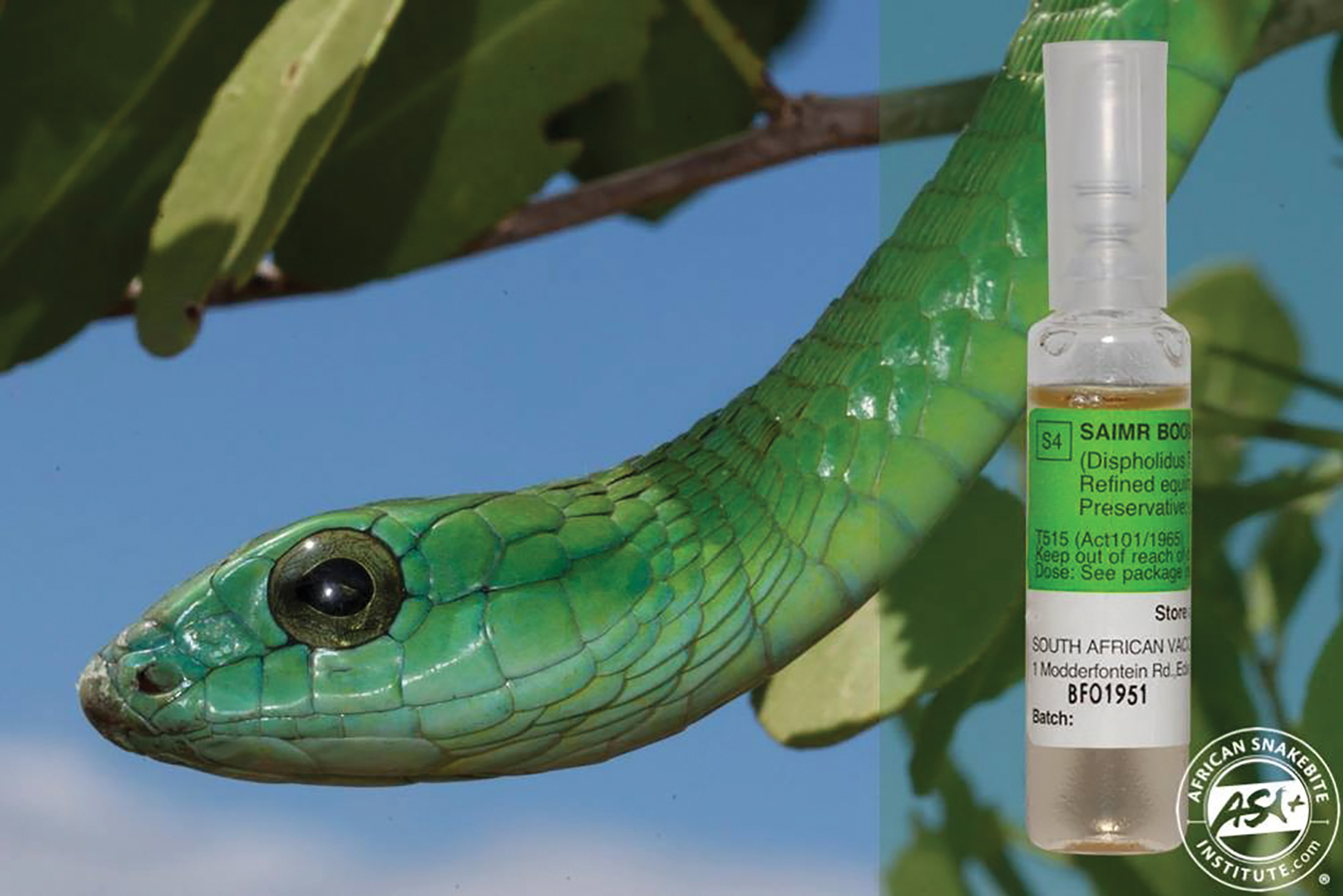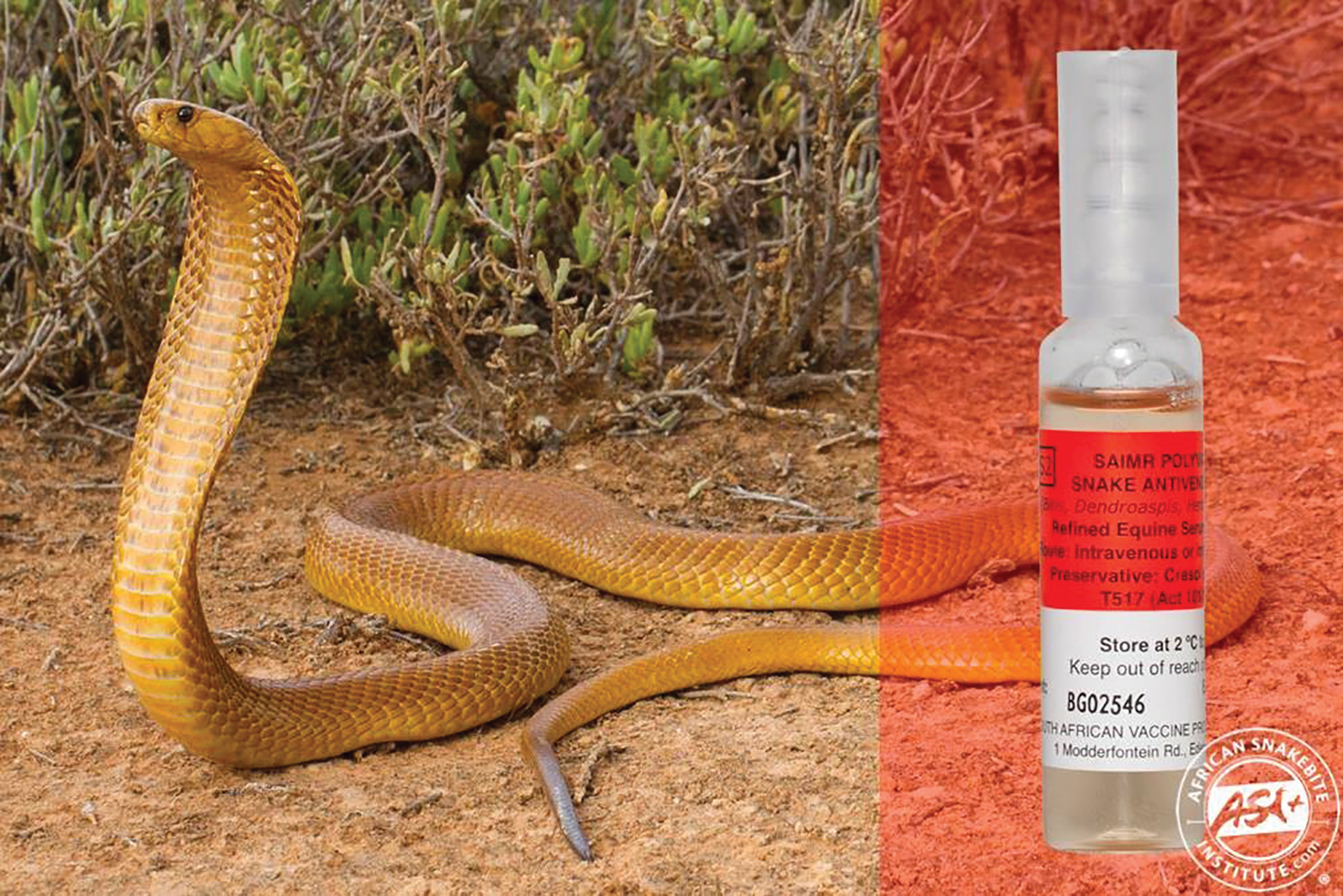

South Africa Faces Serious Antivenom Shortage
South Africa is in the grip of an antivenom crisis. According to the African Snakebite Institute (ASI), local production has ground to a halt, and for the past year no snakebite antivenom has been made available by the South African Vaccine Producers (SAVP).
A Lifesaving Legacy
Antivenom has been saving lives here for more than a century. First produced in small amounts in 1901, it was later manufactured by the South African Institute of Medical Research (SAIMR) from 1928 onwards. By the 1970s, SAIMR had developed a polyvalent antivenom effective against Africa’s most dangerous snakes, including mambas, cobras, puff adders and gaboon adders. A monovalent antivenom for the Boomslang has also been available since 1940.
How It Works
Horses remain central to antivenom production. They are slowly immunised with venom until resistant, after which serum is extracted and purified. Depending on the snake, a bite victim may need 6–20 vials of antivenom to survive.
Supply Dried Up
SAVP, rebranded under the National Health Laboratories, once produced reliable supplies. But since Covid-19, facilities have faced crippling setbacks. Promises to restart production by April 2025 have not been met, and stocks of polyvalent antivenom are now exhausted.
Foreign-made antivenoms from India and South America have limited effectiveness against southern African venoms. Importing them requires special approval through SAHPRA.
A brighter option is PANAF Polyvalent, approved by the World Health Organisation and already in use in hospitals across Africa. It is shelf-stable, easy to store, and has not caused the severe allergic reactions often seen with SAVP antivenom. However, larger dosages are needed – 10 to 20 vials for cobra and mamba bites – at a cost of about R2,000 each.
Hospitals on Alert
Doctors rarely administer antivenom automatically. Instead, patients are monitored closely, as many snakebites are not severe. When required, though, antivenom remains the only lifesaving option.
What’s Next?
The ASI warns that unless reliable supplies return, South Africa may remain dependent on imported products. With snake season here, communities and hospitals alike face uncertainty.











